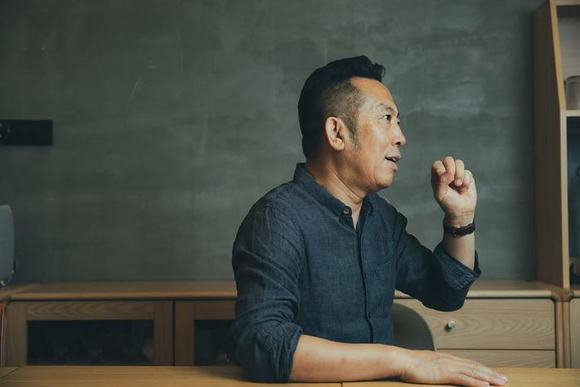One celebrity's complaint about "overpriced pre-made food" sent Xibei founder JIA Guolong racing to defend his brand - only to trigger a crisis that could reshape China's restaurant industry.

Photo from Jiemian News
by MA Yue, LI Ye
After an online broadside from a celebrity with over a million followers accusing Xibei, a leading northwestern-cuisine chain, of serving "overpriced pre-made food," founder JIA Guolong launched what he considered a decisive response: throwing open all 370 restaurant kitchens to the public.
Instead of easing the backlash, the kitchen-opening move backfired, thrusting China's debate over ready-made dishes - and potential regulatory action - into the national spotlight. It also exposed a corporate culture in which the 59-year-old veteran restaurateur relied on personal instinct over modern crisis management.
Xibei, founded in China's Inner Mongolia in the 1980s and rebranded last year with the slogan "family-happiness restaurant," has grown into a fixture of Chinese malls and shopping streets. It built its reputation on hearty northwestern Chinese flavors and child-friendly menus and operates a nationwide network of central kitchens and procurement hubs to keep supplies flowing.
The debate highlights China's anxiety over yu zhi cai - factory-made meals shipped to restaurants. Central kitchens, while widespread, aren't officially classed as yu zhi cai, a gap that fuels suspicion and feeds memories of past food-safety scares. Luo Yonghao, the tech entrepreneur who sparked the uproar, called on regulators to mandate disclosure of restaurants' use of ready-to-eat meals.
Videos from the newly opened kitchens flooded Chinese social media, showing frozen broccoli, year-old lamb shanks and soup bases sealed for months. Staff said these were semi-processed ingredients standardized for safety and finished with fresh produce in-store, but many viewers questioned the practice. One viral post mocked the scene with a quip that it was like feeding a one-year-old baby broccoli frozen for two years, though a former employee said turnover is rapid.

Jia, who owns 85% of the company, has long promoted industrial food technology and standardization, once likening restaurant operations to car manufacturing. Former employees describe him as decisive and hands-on, unafraid to overrule colleagues when convinced he is right.
Beyond making the kitchens public, Jia's high-profile responses include a midnight rally of thousands of staff, cash stipends to steady morale, and direct engagement with online users. He said he would continue to defend the company and added the uproar had left him sleepless for days.
The controversy took a sharp turn on Sept. 15 when Xibei issued a public apology, pledging that by Oct. 1 it would cook certain children's dishes entirely in-house and cut and grill its signature lamb kebabs on site. Jia revealed that the uproar was costing the chain an estimated 1 million to 3 million yuan (about US$140,000–$420,000) in daily sales.
Public-relations specialists called his response a textbook blunder. "He turned a single complaint into an endless stream of talking points," said one Beijing-based consultant. "Luo hurt Xibei 10%; Jia hurt it 100%," another viral comment quipped, underscoring how founder-led firms can quickly lose control of the narrative in China's fast-moving social media sphere.
Mounting criticism kept the pressure on Jia. Marking 37 years in the restaurant business and a year back at Xibei's helm, he watched as Luo declared the dispute over just hours after Xibei's apology, noting that many middle-aged achievers act recklessly to save face. This time, he remained silent.
Meanwhile, a national policy response is underway. On Sept. 21, China's market watchdog said it is drafting rules on labeling and oversight of pre-made foods to better protect consumers' right to know.